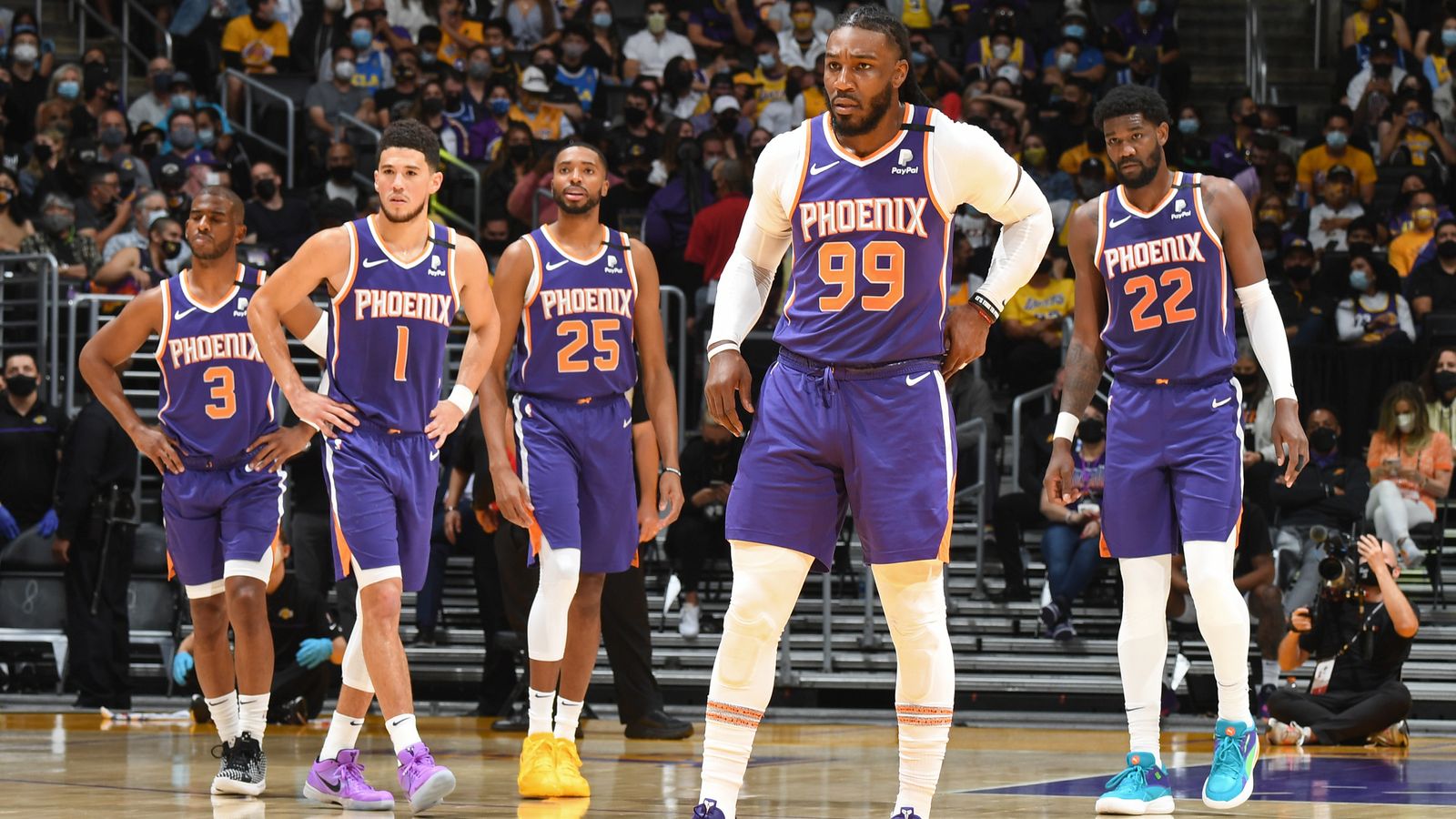The Phoenix Suns had an eventful trade deadline, but not at the expense of some future flexibility, and more importantly, their souls.

If the Phoenix Suns made any trades by this year’s deadline, it appeared certain that Nassir Little would be one of them. Little appeared likely to be transferred because he hadn’t contributed important minutes in weeks and had one of the team’s most tradeable contracts.
General Manager James Jones, however, pulled a curveball and excluded Little from the transaction that brought Royce O’Neale and David Roddy to the Suns. Rather, Jones made the decision to fill the acquisitions by stacking four minimum contracts.
On the surface, it seems irrelevant whether it was Little or the other four included in a trade.
It actually made more sense for the Suns to wait to trade Little, at least for the time being, given the recent modifications to the CBA, several of which take effect next season.
The Suns won’t be able to tally up exiting salaries in a trade next season since they are a second-tier franchise. Stated differently, they would not be allowed to execute the type of deal in which they simply added a number of minimums to get at a better paid player’s wage.
In a different Suns universe, Royce O’Neale, Grayson Allen, and Jusuf Nurkić would be the only bigger than minimum trade components left at the deadline the following year if the team had not moved Little on Thursday.
These guys, in contrast to Little, are all expected to be in the rotation and are not assets you would trade for depth. The Suns would have to exchange minimum contracts for other minimum contracts, which is not likely to yield anything much in return.
That being said, Jones’s choice of this course was brilliant. It takes extraordinary attention to detail to convince the Nets to sign four upcoming free agents who aren’t in the Suns rotation in order to retain Little as a trade asset for the next campaign.
In the end, the Suns’ decision to hold out on moving Miles Bridges helped them keep that flexibility because the Charlotte Hornets undoubtedly would not have accepted an offer consisting only of minimums if Little had not been included.
The Suns would also find it more difficult and expensive to re-sign Bridges and Allen. However, the greater flexibility is merely incidental to the main point of not acquiring Bridges.
The misconception that the Suns “sold their soul” when assembling this team has persisted for the past year, particularly with reference to Durant’s arrival. That is, however, merely standard fan lingo—an exaggeration stemming from a loyalty to native players and resentment toward rival fan bases that failed to acquire the same talents as the Suns.
Yes, they took decisions that improved their chances of winning, but they accomplished this by adding guys with strong moral fiber. No moral concessions were made.
With Bridges, that would not have been the case. He has a well-established legal background at this time, and he has recently engaged in another violent episode, which suggests that he is not at all regretful. A team already without them would have been unnecessarily distracted by the move.
A sizable section of the fan base would have been offended as well. Since we’ve had a chance to get to know all of the new players, that same fan base has developed a deep affection for this Suns team. Any action taken to sever that connection would have been a grave error.
Saying that the Suns would have sold their souls if they had landed Bridges wouldn’t have been an overreaction back then. Fortunately, they didn’t, allowing the squad and supporters to move on without that shadow of doubt.



